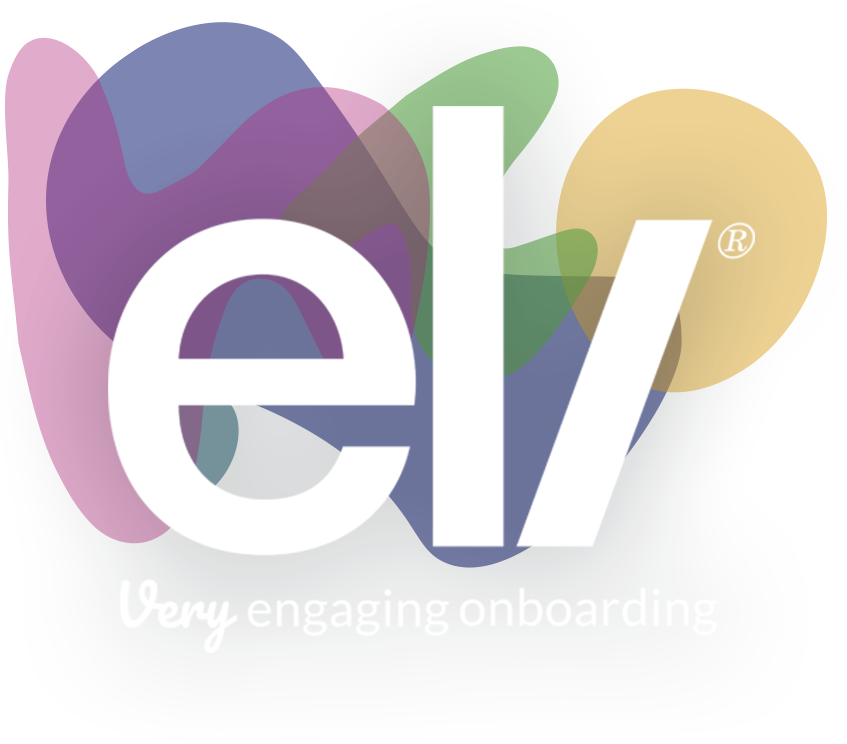5 things all new starters want from their onboarding
 07/02/2024
07/02/2024
When organisations create an onboarding process, the needs of the company are often the starting point. What forms need filling in, what do HR and IT departments need to do, how will the new starter best be slotted into existing structures?
Whilst all these are important questions, even better results can be achieved by looking at things from the new starter’s perspective. What will make them feel welcome, included and part of the team right away? What can you do to get them up to speed fast, so they feel confident and empowered to contribute from day one? And how can you provide a process where people feel they understand what’s expected of them, and what their goals are moving forward?
To achieve all this, you need to put yourself in the mind of the new starters themselves. Whilst each person will have unique needs, there are five things that all new starters want – regardless of what point they are at in their career.
1. An onboarding structure, so they can prepare, feel in control and start to plan their career journey
Starting a new job can be an anxious time. Knowing exactly what’s expected of you in your first few months can help change a daunting prospect into an exciting one. Providing a new starter with a 90-day onboarding plan checklist online can help them prepare and feel confident. This is especially true when that plan focuses not just on admin, but on ways to include, develop, inform and inspire new starters, from scheduled meetings with key colleagues, to L&D planning sessions. It also helps new joiners start to plan not just how they’re going to thrive in their role – but how they will start their career development journey with your company.
It’s equally important for other key players in the process, from buddies to line managers, to have onboarding plans too. When managers have a checklist for each starter, reminding them to do everything from setting up IT equipment, to checking in with new employees regularly, it ensures that each person is properly embedded into your organisation, and no-one slips through the net. When these checklists are personalised and automated, as part of an online onboarding portal such as Eli, such plans are easier for everyone to manage – and it’s also simpler to track that they are happening.
2. To understand how they fit into the organisation, and the role they will play in it
When you’ve been at a company for a while, it’s sometimes hard to think back, and remember all the things you didn’t know when you first joined. From your organisation’s new five year strategic plan, to recent innovations and success stories, you’ll need to make sure your new starters have a chance to familiarise themselves with a huge wealth of information in an interesting and engaging way.
Above all, it’s important that the information is personalised to them, so they can understand the role that they will be playing in driving forward your company’s success. An onboarding site can host a range of invaluable information, from manager briefing videos around goals, objectives and major projects, to content that brings the company’s mission and values to life, and shows how these are lived day-to-day. By using employee generated video, it’s also easy to build up a range of content that will allow you to feed each new starter really relevant, up-to-date information from people in their team, division or department, cheaply and easily.
3. The ability to connect with others and build networks
Nothing adds to a new starter’s sense of inclusion and belonging like building links with others in their team and beyond. Once again, a digital platform can be of great use here, especially if your workforces are hybrid. As well as providing a messaging service where line managers and buddies can start up two-way conversations with their new starters, an online onboarding system such as Eli can also host social walls where new joiners can interact. From graduates talking to each other about house shares near the office, to parent returners sharing childcare recommendations, such walls can prove invaluable.
Welcome videos from CEOs, division or team leaders all help build inclusion, too. ‘Meet the team’ information including job titles, photos and fun facts about team members can also help break the ice. Then, of course, there are meet ups for coffee, drinks, or lunch, whether in real life, or online, both before and after your new joiner’s start date.
4. The chance to be themselves
Everyone wants to feel included and valued at work. So, making sure new starters from every background truly believe they’re joining an organisation where they can thrive is really important. Providing information on all of your Employee Resource Networks, and giving new starters links so they can join up to those they’re interested in can be vital in giving people support from day one. Think also about how inclusive your onboarding process is. For example, does it automatically include questions around whether a new starter needs any modifications in the workplace (particularly important with, for example, invisible disabilities). Ensuring that video content on your onboarding platform includes representatives with the widest range of voices is also important, as is including clear information on your equality policies.
5. The chance to ask questions and get feedback
Two-way communication before your new joiner starts, and in the vital first few months, is key to driving engagement, retention and performance. That’s why it’s so important to build in planned interactions between each new starter and their buddy and line manager into the onboarding process. Equally important are regular feedback sessions with managers, to help make sure everything is on track, arrange for any training that’s needed, and help to plan for each individual’s development going forward. Group Q&A sessions, whether online or in person, can also be very useful for new starters. Plus, they allow you to capture common questions to feed back into the content of your existing onboarding communications, so they become more and more useful and relevant.
Onboarding is about a lot more than forms and processes. Putting the new starter – their needs, their feelings, their talents and their potential – at the centre of your onboarding strategy can drive inclusion, performance and retention. Ask yourself - will the experience you’re providing for your new starters excite, connect, include and empower them?




